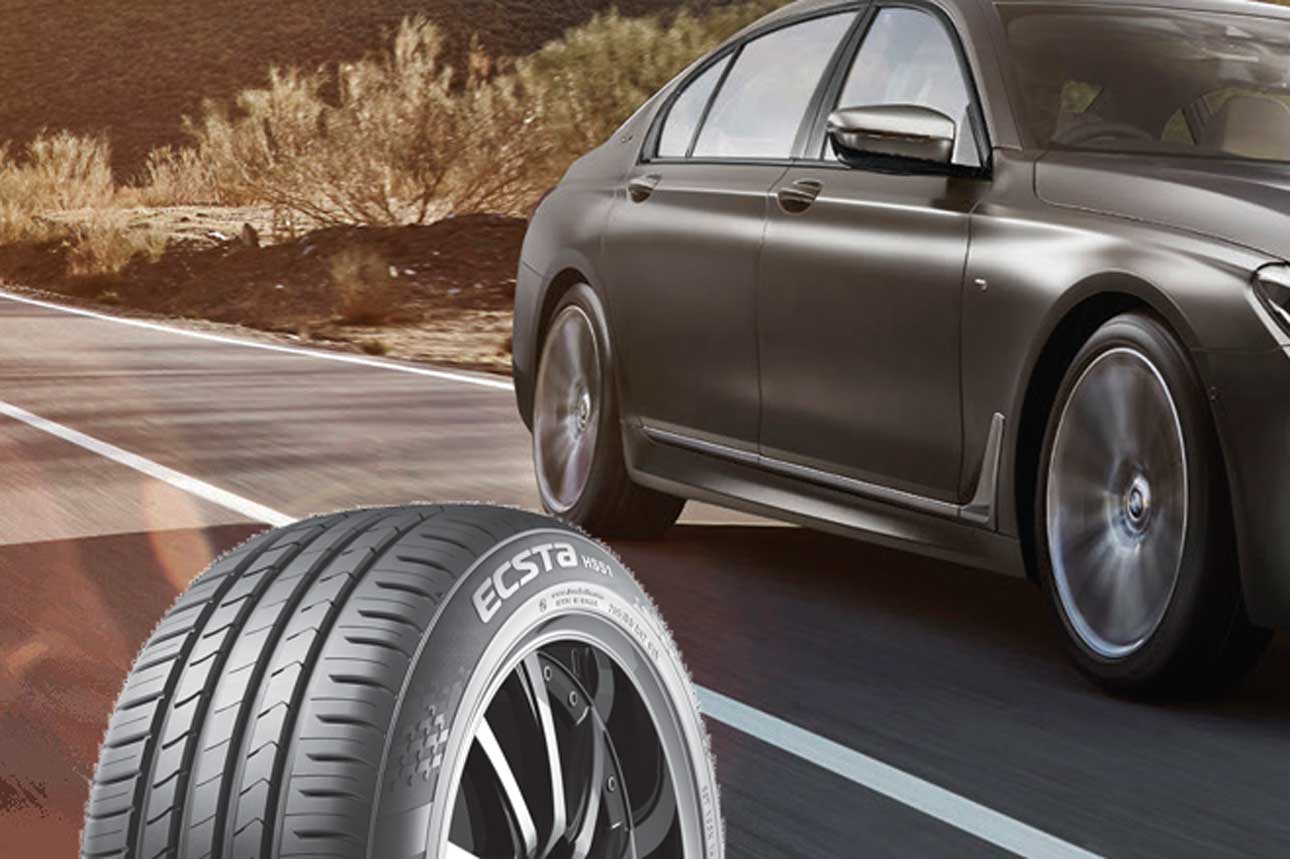Two common types of wheels found in modern cars are steel and alloy wheels. Each one has its advantages and disadvantages. They vary in parameters such as maintenance, reliability, aesthetics, etc. Let us understand the difference between alloy wheels and spoke wheels and which wheel type will best suit your car?
What are alloy wheels?
Alloy is made from a mixture of several metals. They are made from an alloy of either magnesium or aluminum. Alloys have remarkable characteristics such as malleability, rigidity, etc. Hence, they are widely used. Alloy wheels are light in weight and expensive when compared to steel wheels but they offer some benefits as mentioned below.
Advantages of alloy wheels
- The light-weight structure of the alloy wheels allow better car handling
- Better suited for sports cars, ultra-high performance cars, show cars, and others.
- The great aesthetic appearance of the alloy wheels increases its demand. Furthermore, alloy wheels can be customized in terms of look, polishing, finishing, and painting.
Disadvantages of alloy wheels
- Alloy wheels are not durable. When driven on rough terrains or massive ruts they tend to bend and crack.
- Even though alloy wheels have a good aesthetic appearance they are easily prone to cracks and damage that cannot be repaired.
- Alloy wheels are expensive.
What are steel wheels?
Steel wheels are made from stamped steel and have been used on vehicles for a very long time. The manufacturing process involves the steel being pressed and then properly welding them into shape. Steel wheels are popular for being tough and durable. They are largely found on passenger cars, SUVs, HMVs, etc. Steel wheels are more suitable for off-road and heavy-duty vehicles.
Advantages of steel wheels
- Steel offers more strength and high durability.
- They are affordable and can be repaired if bent.
- Steel wheels have more ability to absorb shocks and are more flexible under stress.
Disadvantages of steel wheels
- Steel wheels are heavy as compared to alloy wheels which lower fuel economy, decrease the level of acceleration and agility, and impose extra stress on the suspension.
- Lack of options for customization and thus have lower aesthetic appearance.
| Parameters | Alloy wheels | Steel wheels |
| Weight | Light in weight. | Heavy as compared to alloy wheels. |
| Aesthetics | Freedom for customization and has a good aesthetic appearance. | Lack of options for customizations. |
| Fuel economy | Better fuel economy and heat dispersion. | Less fuel-efficient. |
| Price | More expensive. | Less expensive to buy. |
| Repair | Cannot withstand too much pressure thus cannot be repaired if it is cracked or bent | Has increased flexibility thus can withstand pressure. This increases the likelihood of steel wheels being repaired. |
| Durability | Less durable. | Steel wheels are stronger than alloy wheels hence more durable. |
| Rigidity | Less rigid thus more prone to curb rashes, cracks, and dents. | Steel wheels are more rigid than alloy wheels. |
| Corrosion | Alloy wheels are corrosion resistant. | With modern painting techniques, steel wheels can to an extent resist corrosion and rust. |
- Which is better for you, alloy wheels or steel wheels? It all depends on your motoring aspirations and preferences. A tire expert at your nearest tyre shop will help you in making your final choice by understanding your needs.

